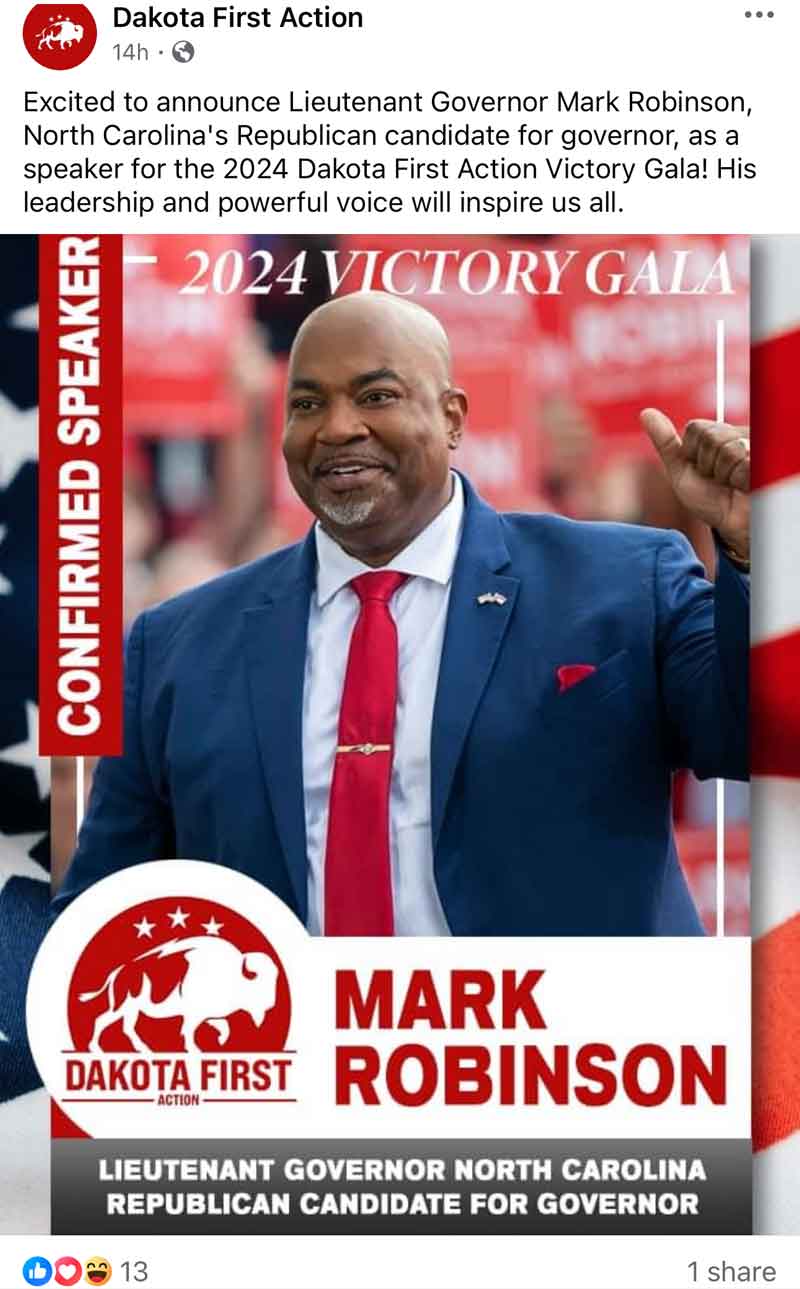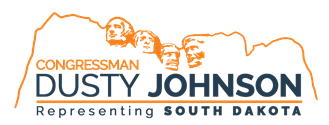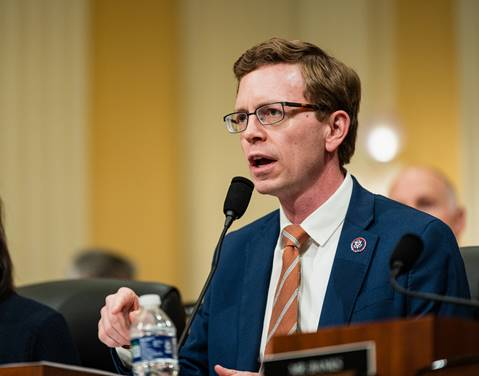State Senator Amber Hulse not running for AG.
 In recent days, the D30 State Senator had been mentioned as a possible AG candidate, but she confirms she’s taking a pass on that contest.
In recent days, the D30 State Senator had been mentioned as a possible AG candidate, but she confirms she’s taking a pass on that contest.
After her authoritative win over Julie Frye Mueller in the 2024 primary, District 30 State Senator Amber Hulse’s name has been mentioned for several offices for 2026. But the Senator herself would not want you to wargame the Attorney General’s race possibilities with her name as part of it.
In a statement released to dakotawarcollege.com, the Senator says an AG race is a no go for her at this point:
“I’m humbled by Attorney General Marty Jackley’s confidence and support. As a first‑generation lawyer, I don’t take that lightly. The opportunity to serve as South Dakota’s next Attorney General would be an incredible honor. However, I believe God is calling me to serve our state in another way. I wish every success to whoever becomes South Dakota’s next guardian of the rule of law—our ‘top cop.’”
Others mentioned in the race include Perkins County State’s Attorney Shane Penfield among other SA’s currently holding that office, including Dan Nelson in Brookings, and Austin Hoffman in McPhereson counties.
Gubernatorial hopeful Jon Hansen is also mentioned as possibly using it as his plan B in his race for governor, despite lacking prosecutorial experience, since republican party convention delegates choose the candidate for that contest after the primaries are over next June.







 Washington, D.C. – Today, U.S. Representatives Dusty Johnson (R-S.D.) and Scott Peters (D-CA) introduced the bipartisan ePermit Act to digitize the United States permitting process, reducing processing time for National Environmental Policy Act (NEPA) reviews.
Washington, D.C. – Today, U.S. Representatives Dusty Johnson (R-S.D.) and Scott Peters (D-CA) introduced the bipartisan ePermit Act to digitize the United States permitting process, reducing processing time for National Environmental Policy Act (NEPA) reviews.